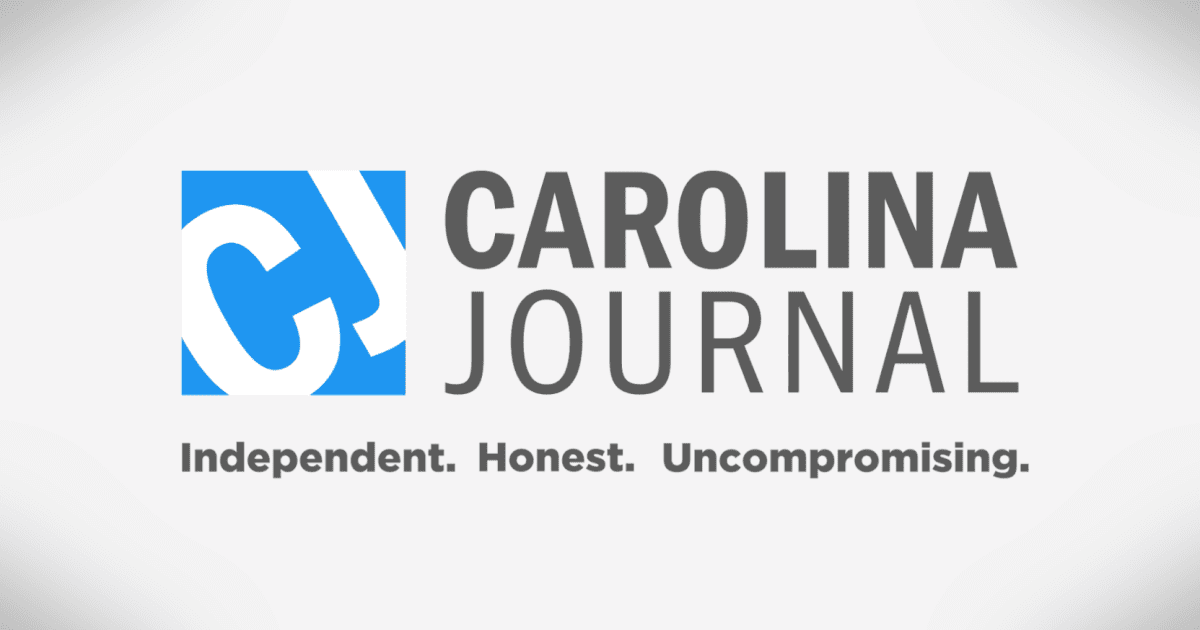
The new judge appointed to oversee North Carolina’s long-running Leandro education funding case will hold his first hearing March 10 in Wake County.
Senior Resident Superior Court Judge James Ammons of Cumberland County officially took over the case on Dec. 29. That’s when state Supreme Court Chief Justice Paul Newby appointed Ammons to replace Business Court Judge Michael Robinson.
Ammons’ role is “to hold such sessions of court as may be set and to attend to such in-chambers matters and other business as may be necessary and proper for the orderly disposition of the case until otherwise ordered,” according to Newby’s order.
Leandro, officially known as Hoke County Board of Education v. State of North Carolina, stretches back to 1994. The state Supreme Court has issued major rulings in the case in 1997, 2004, and 2022.
A Nov. 4 order from the state Supreme Court called on the Leandro trial judge to calculate how much money state government would need to spend to comply with earlier Leandro rulings. The state’s highest court, in a 4-3 party-line ruling, also indicated that the case would remain with a trial judge for the foreseeable future.
“[W]e order the trial court to retain jurisdiction over the case in order to monitor compliance with its order and with future years of the CRP,” wrote Justice Robin Hudson, referring to the Leandro comprehensive remedial plan.
That Supreme Court decision arrived four days before voters flipped two state Supreme Court seats from Democrats to Republicans. As of Jan. 1, Republican justices now hold a 5-2 majority on the state’s highest court.
A Dec. 19 filing from state lawyers suggests a new Leandro order could total $677 million, roughly $108 million less than the court-ordered funding Robinson endorsed in April.
The money is tied to a Leandro plan set in motion by Judge David Lee, who oversaw Leandro from 2016 to March 2022.
In March 2018 Lee appointed San Francisco-based WestEd to serve as a Leandro consultant. The firm’s job involved designing a plan that would help North Carolina comply with previous Leandro rulings.
WestEd delivered a report in 2019, though details remained confidential for more than two months. In January 2020, little more than one month after the report reached the public, Lee issued an order relying heavily on WestEd’s findings.
By March 2021 the Leandro parties submitted an eight-year plan to Lee. It also focused on WestEd recommendations. Dubbed the comprehensive remedial plan, it called for billions of dollars in new education spending, along with new studies and reports that could generate even more expenses in the years to come.
On Nov. 10, 2021, Lee ordered the state to spend an additional $1.75 billion to implement two years of recommendations from the comprehensive remedial plan. In addition to ordering more spending, the judge took the controversial step of ordering the money transferred out of the state treasury and moved to state agencies. Lee’s order bypassed the General Assembly and focused instead on the state budget director, controller, and treasurer.
The second part of Lee’s order prompted the latest dispute to return the case to the N.C. Supreme Court.
Controller Linda Combs went to the N.C. Court of Appeals and secured a rare “writ of prohibition” against Lee’s November 2021 order. Combs argued that she could not take part in any transfer of funds without authorization from the General Assembly. To do so would violate her oath of office and expose her to criminal charges.
Leandro plaintiffs and the N.C. Justice Department attorneys urged the state Supreme Court to step in and resolve the dispute over the forced money transfer. The high court agreed in March 2022 to take the case. First, the court ordered a new review from the trial judge.
Eight days after Lee’s Nov. 10, 2021, order, Cooper had signed a new state budget with broad bipartisan support. The state Supreme Court urged the Leandro judge to determine how that new budget would affect the $1.75 billion price tag he had assessed to taxpayers on Nov. 10.
On the same day that the full Supreme Court returned the case to the trial court, Chief Justice Paul Newby replaced Lee. The chief justice installed Robinson to oversee Leandro proceedings moving forward.
With the case back in front of a trial judge, Republican legislative leaders formally stepped into the debate. Like Combs, they opposed the forced money transfer. They also argued that the state budget act completely mooted Lee’s November 2021 order. Once the legislative and executive branches agreed to the education provisions in the budget, Lee lost any authority to order any other education-related spending, lawmakers said.
On April 26 Robinson made two major changes to Lee’s five-month-old order. First, the new judge whittled the size of the order down from $1.75 billion to $785 million. That number was close to the figure recommended by Leandro plaintiffs and N.C. Justice Department lawyers.
Robinson also threw out Lee’s forced money transfer. Ruling that no court had overturned the Appeals Court’s “writ of prohibition” against Lee’s order, Robinson determined that he was obligated to follow the appellate judges’ reasoning.
The state Supreme Court’s Nov. 4 opinion reinstated Lee’s forced money transfer. Justices asked the trial court to recalculate the amount of money necessary to comply with Lee’s November 2021 order.
The post New Leandro judge to hold first hearing on March 10 first appeared on Carolina Journal.
Have a hot tip for First In Freedom Daily?
Got a hot news tip for us? Photos or video of a breaking story? Send your tips, photos and videos to tips@firstinfreedomdaily.com. All hot tips are immediately forwarded to FIFD Staff.
Have something to say? Send your own guest column or original reporting to submissions@firstinfreedomdaily.com.
